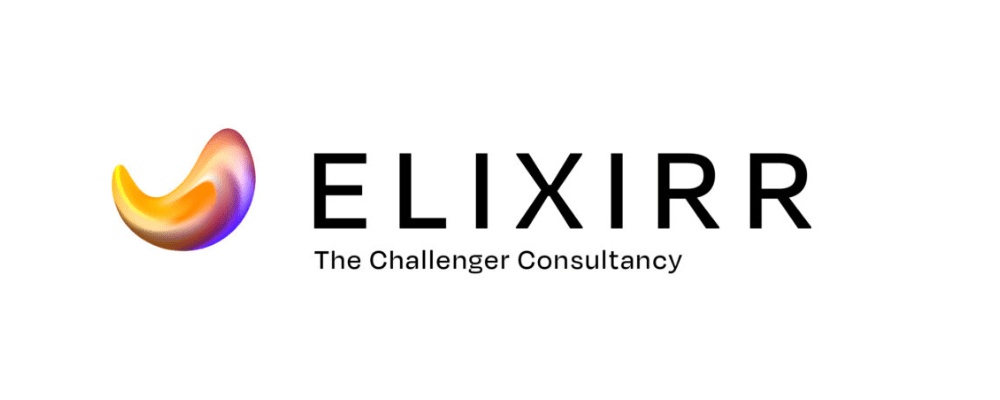The Metaverse and its associated technology have raised concerns from its inception. But the objections often take short-term, attention-grabbing views that discount the potential of the technology, and the need for early adoption for any emerging tech or business looking to innovate in the space.
So, whilst this recent critique of the Metaverse from Business Insider is nothing new, it’s an important one to analyse.
The challenges presented in the article fall into 4 key areas:
- Vision: There is an elaborate, low-resolution vision (mostly from Mark Zuckerberg) that the technology is currently unable to support.
- Investment: This vision has garnered significant investment across multiple companies, which is now being scaled back due to a lack of resulting impact.
- Practicality: The investment hasn’t been applied to, or resulted in a resolution of, key business problems (The broad vision often doesn’t address use cases, target audiences or customer adoption considerations).
- Alternatives: Generative AI now presents such a compelling business case that investment in the Metaverse is no longer justified.
Vision
The article highlights the immature nature of the current technology when compared to the fully immersive virtual world vision outlined by Mark Zuckerberg.
However, as Elixirr’s experience operating in this area has made clear, there are many attractive opportunities for applicability that don’t require the same level of technological maturity (e.g. new marketing channels, gamification and digital twins). Moreover, Metaverse technology has advanced rapidly in the 3 years since Zuckerberg’s announcement, and continued incremental technological improvement will enable the technology to reach a critical mass where mass appeal captures consumer imagination, in much the same way ChatGPT has done in the last 6 months.
The Metaverse is a maturing technology – early iterations will naturally fall short of the end vision, but selective applications can deliver tangible medium-term benefits that also position businesses as innovators who can capitalise on technology’s long-term potential.
Investment
There are several examples of investments that are now being scaled back at large companies, including Microsoft, Walmart, Disney and even Meta.
However, these investments are often in specific areas of Metaverse development (e.g. Microsoft’s workspace platform). This does not suggest investment into the Metaverse as a whole is decreasing, but that investment into the different applications of the new technology is shifting towards increasingly commercially viable options. This implies an increased understanding of the applications of the technology, not an indictment of the concept as a whole.
More targeted Metaverse investment demonstrates maturity in the understanding of the technology as its commercial applications become increasingly targeted to high-value areas.
Practicality
While the article claims there is a lack of specificity in the use cases of the technology, this is skewed by the prevalence of high-profile, high-risk investments. Big companies make big bets with broad product development mandates through their R&D budgets and when these do not produce immediate results, it may appear to cast doubt on the technology itself. However, this should not be extrapolated to the technology-as-a-whole. A myriad of accessible, high-impact opportunities exist in the Metaverse space with over $120bn invested in 2022. From virtual bank branches to tours of volcanoes, innovative firms are already assessing and implementing changes with the new technology. While it doesn’t make flashy headlines, it does deliver tangible impact and positions firms as leaders for the long-term in the space.
By considering specific business cases, firms can derive tangible results from targeted investments while positioning themselves as leaders in the Metaverse space, gaining first-mover advantage when the long-term vision for the technology comes to fruition.
Alternatives
The article suggests generative AI will make Metaverse technology and investment redundant. However, these technologies have dramatically different applications, therefore the prominence of generative AI does not preclude investment in the Metaverse. In fact, as the two technologies continue to mature, they will likely mutually benefit one another as ever more complex problems can be solved through a combination of AI and Metaverse technologies. Moreover, the current hype around AI demonstrates the path of technological progress that the Metaverse will follow – incremental improvements are perceived as underwhelming until they reach a critical mass, then early adopters will capitalise on the enormous opportunity. The potential of AI has been lauded for years, but it is only with Microsoft’s $10 billion investment into OpenAI (creator of ChatGPT) that the benefits are being widely-realised and the technology taken seriously. Small applications of AI were often dismissed, but it is the companies that developed those small-scale applications that are now frontrunners, with other firms struggling to keep up. Metaverse technologies and its applications will follow the same path.
Generative AI does not preclude Metaverse investment, but highlights the enormous potential of early-stage investment into new technologies such as the Metaverse.
Looking to the future
Metaverse technologies are rapidly maturing, and their commercial applicability is becoming increasingly clear. Early adopters are discovering specific areas for effective applications to their business, including new marketing channels, gamification and digital twins. While Mark Zuckerberg’s fully digital working vision may not come to pass soon and therefore draw criticism of the technology, several Metaverse investment opportunities would deliver tangible benefits to businesses in the short-to-medium-term. These would position companies as innovators in the space and build the expertise that will deliver first-mover advantage for the long-term vision of the technology.
Interested in learning the specific benefits and use cases for your business? Get in touch today:
“We help senior business leaders turn ideas into actions. Of course, it’s execution that determines success; that’s why we also make change happen, treating our clients’ business like our own.
Our people make our firm. And while our team expands across the globe, we continue to attract the best talent in the industry, building a team of high performing, like-minded individuals who share our vision of building the best consulting firm in the world.
With the launch of our ESPP scheme in 2021, we gave our entire team the opportunity to be part owners of Elixirr — and with a 74% enrolment rate for 2022, entrepreneurialism has never been more embedded into our business.”
Please visit the firm link to site



